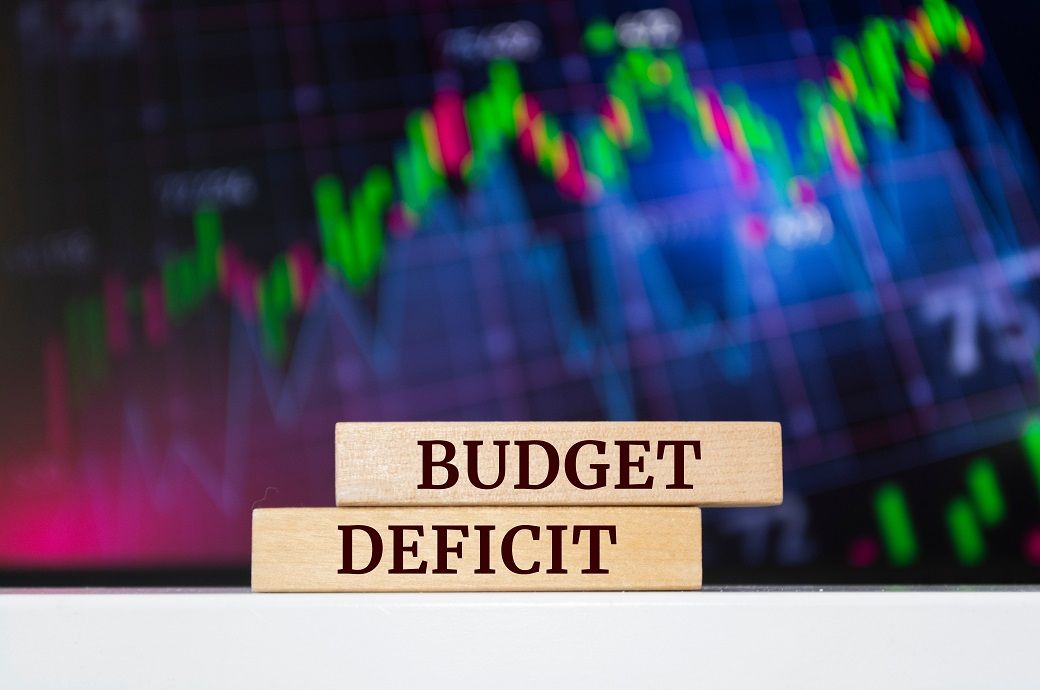
This accounts for how flows of US imports and exports would adjust in response to tariffs as well as an estimated reduction in the size of the US economy, attributable in part to the retaliatory tariffs imposed by other countries, the CBO noted.
The estimate assumes that tariffs will be collected on all affected imports, with no exemptions beyond those currently specified.
By 2035, the level of real gross domestic product (GDP) will be 0.6 per cent lower than the CBO’s January 2025 forecast.
This reduction reflects both the negative effects of higher tariffs and frequent tariff changes, including reduced investment and productivity, as well as the positive effects of additional revenues from tariffs, which would reduce federal borrowing and increase the funds available for private investment.
Inflation will increase by an annual average of 0.4 percentage points in 2025 and 2026, but thereafter “the tariffs will not have additional significant effects on prices,” the report noted.
Tariff increases will reduce average real income by decreasing aggregate output and raising prices for households in all income groups.
Industries that produce goods that compete with imports will probably expand, whereas industries that chiefly produce exports or source a large share of their production inputs from abroad will probably contract, CBO noted.
The tariffs will increase the prices of goods more than the prices of services, which will have a disproportionate impact on households at the lower end of the income distribution.
However, the tariffs will also produce the largest price increases for durable goods, which account for a larger share of total consumption for households at the higher end.
ALCHEMPro News Desk (DS)
Receive daily prices and market insights straight to your inbox. Subscribe to AlchemPro Weekly!